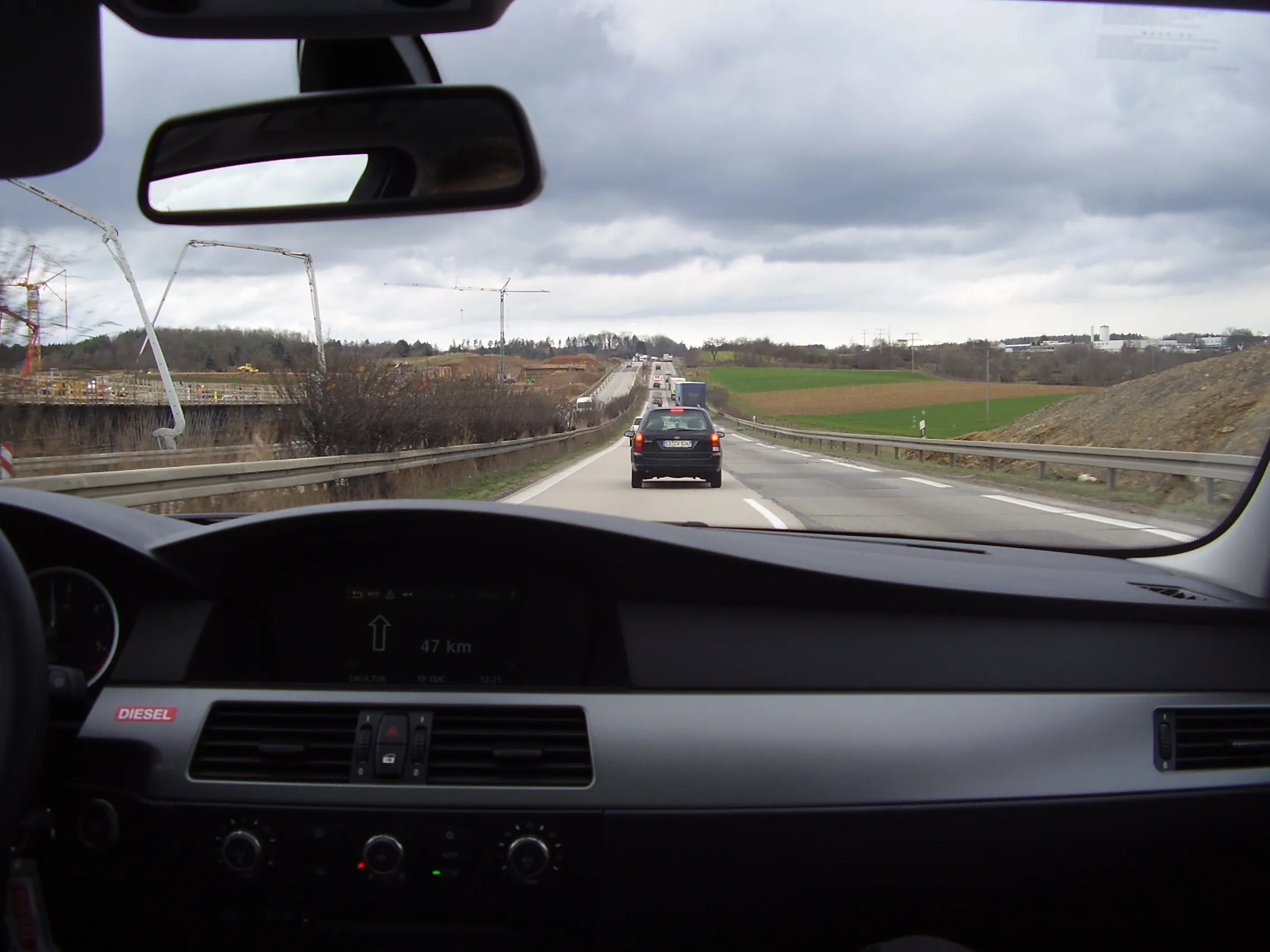There is major disagreement in Germany over plans for a new approach to financing road development proposed by the government. The authorities in the states are objecting to the government proposal to open a road fund, which will be responsible for building and maintaining the major routes roads and which would be able to award contracts to private companies. The federal states currently have responsibility for the road-building work with, funding coming from central sources and they do not want to lose inf
February 24, 2016
Read time: 2 mins

There is major disagreement in Germany over plans for a new approach to financing road development proposed by the government. The authorities in the states are objecting to the government proposal to open a road fund, which will be responsible for building and maintaining the major routes roads and which would be able to award contracts to private companies. The federal states currently have responsibility for the road-building work with, funding coming from central sources and they do not want to lose influence. The German Finance Ministry says that road development is underfunded in the country. Some €10 billion is spent on road development/year at present in Germany. For the road programme to be achieved, the annual spending will have to rise to €14 billion by 2018. Germany’s Federal Government does not believe that the states will be able to implement the necessary road-building programmes within the timeframe however. The German Transport Ministry expects goods transport to increase by 40% over the next few years, which is why central planning is necessary.







